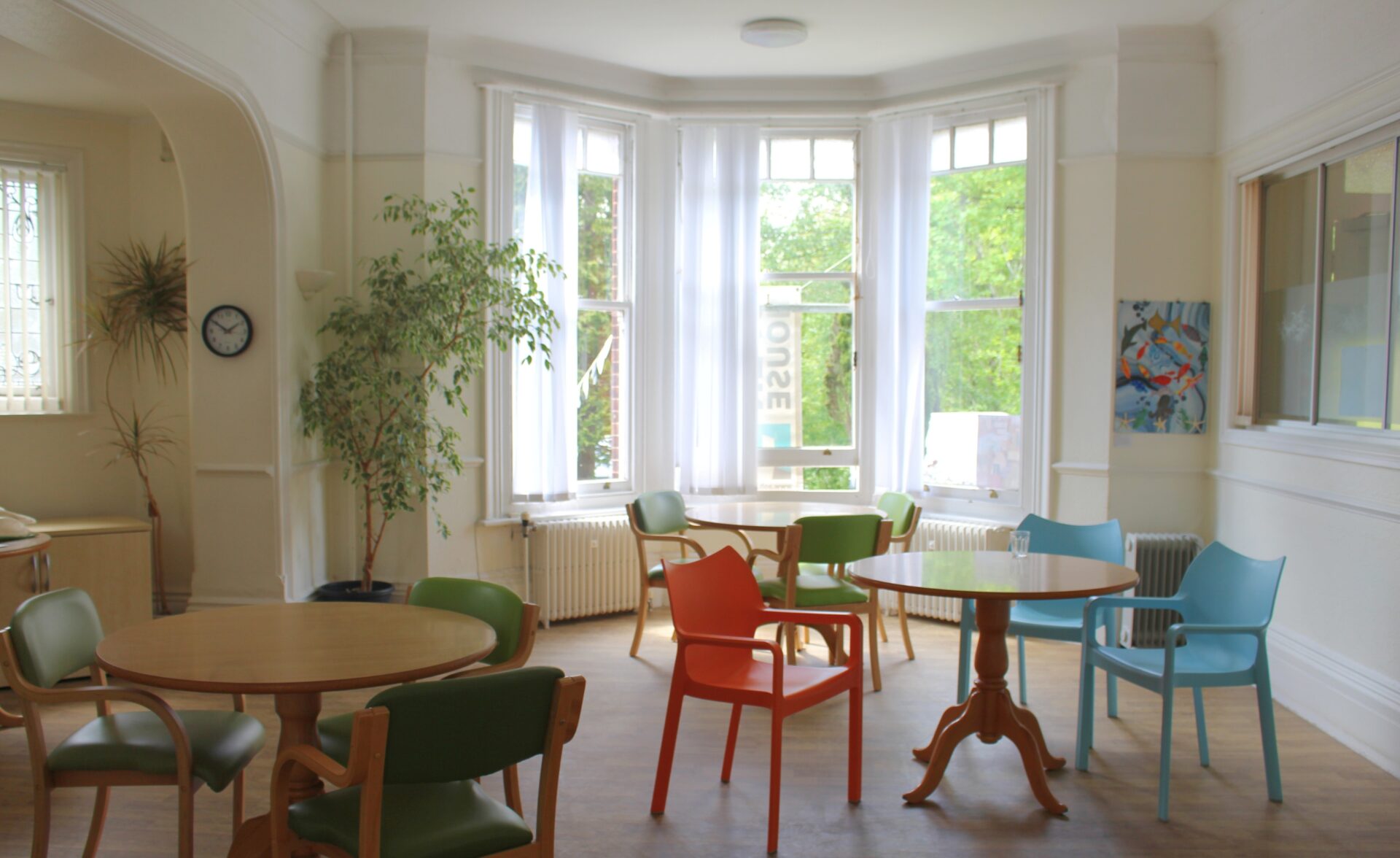“I think it’s fundamental that spaces like this exist”
“Staying Well’s been really good for me.
I think it’s fundamental that spaces like this exist. Spaces that are person-centred and that don’t make you feel like a problem.
From a therapeutic point of view it’s been really beneficial. It’s helped me build trust and relationships with services.
It’s also helped me build my ability to regulate around people because it’s so consistent here. It helps me access other Southdown services too. Before, the Wellbeing Hub at Preston Park felt too much for me. But because it’s in the same space as Staying Well, it’s now been easier for me to access.
Staying Well is really valuable because it diverts me from services like A&E. And more than that, it’s a good place for neurodivergent people because it’s a low sensory environment. You quite often need somewhere to calm down and talk things over. Being in A&E is a really triggering experience for me. A lot of people who’ve had interactions with mental health services have difficult experiences there.
There’s nowhere good to wait, it’s very public and you feel watched. People can walk in on you whilst you’re with a clinician. There are long waits and just getting up there is stressful. I also can’t do the things I need to do to calm down, so I can’t regulate. If you go to A&E and are really overwhelmed and struggling with bright lights you can’t just ask them to turn the lights down. It’s stressful.
From a client perspective, Staying Well feels like a good place. The staff are such a nice team and the way the team is led is grand. Having the activities out there on the tables helps you know there’s things you can do. You also get a sense of a community, in a light touch way, where you start to see familiar people.
I think it’s essential that services are designed with neurodivergence in mind, especially within the mental health sector. The correlation between anxiety and neurodivergence is incredibly high.
Many late-diagnosed autistic people have previously been misdiagnosed as having mental health problems. The more society understands about neurodivergence (including autism), the more we are realising that neurodivergent people have been let down by a system that misunderstands their needs and coping strategies as symptoms of illness. This is why mental health services need to be designed with neurodiversity at their heart, not as an add-on.
What you create to help an autistic person access a service will actually benefit everyone. Most people, once you show them what an accommodation for neurodivergence looks like, realise it makes sense. People get frightened by changes, but it’s not complicated – it’s about making things clear and asking people what they need.”
Staying Well Brighton & Hove is an out-of-hours walk-in service for people aged 18 or over experiencing mental distress or requiring crisis support.
This service is provided by Southdown, in partnership with the Sussex Partnership NHS Foundation Trust. Open 7 days a week, 365 days a year, Staying Well provides psychosocial support within a safe, supportive and therapeutic environment.
